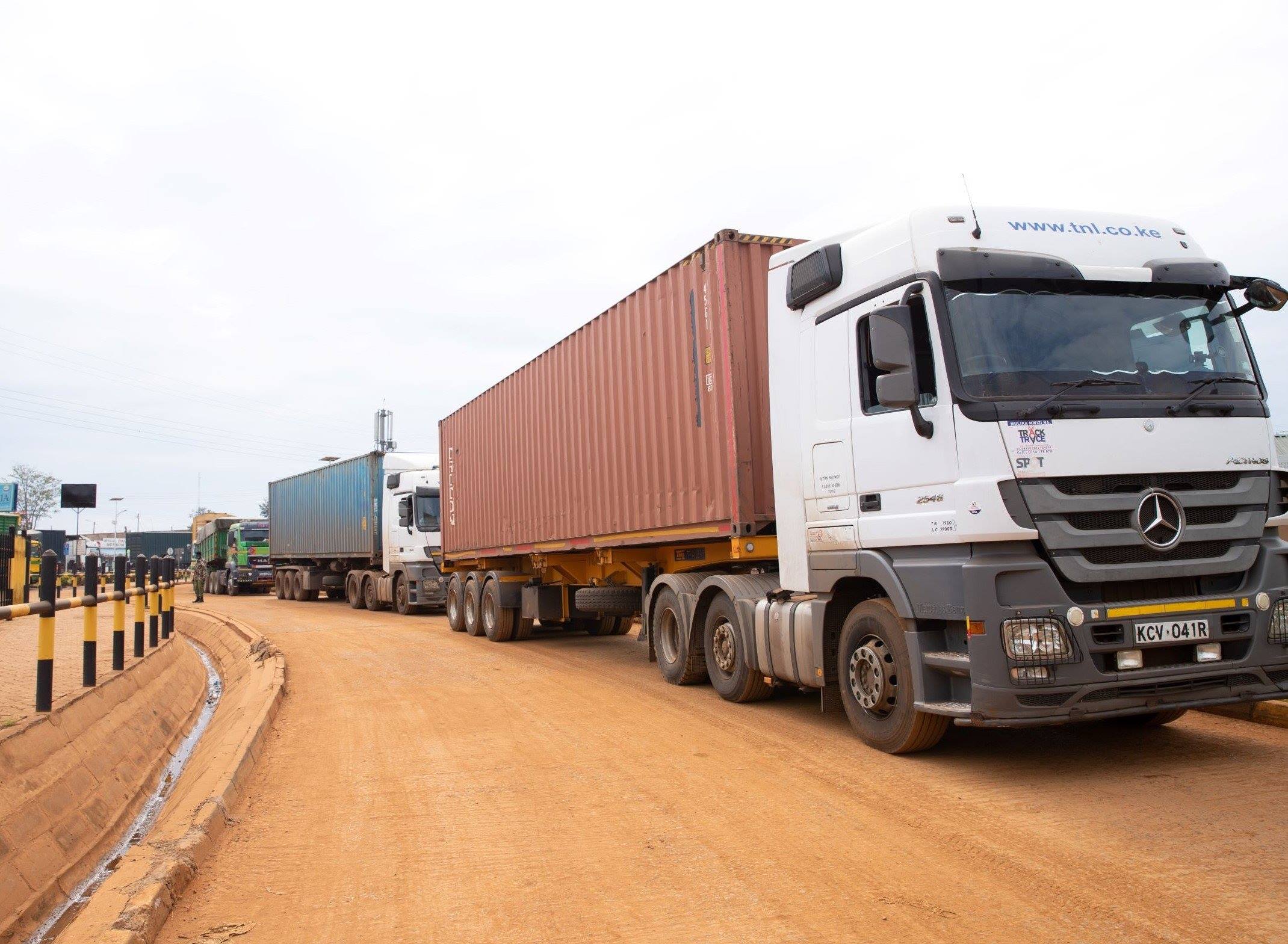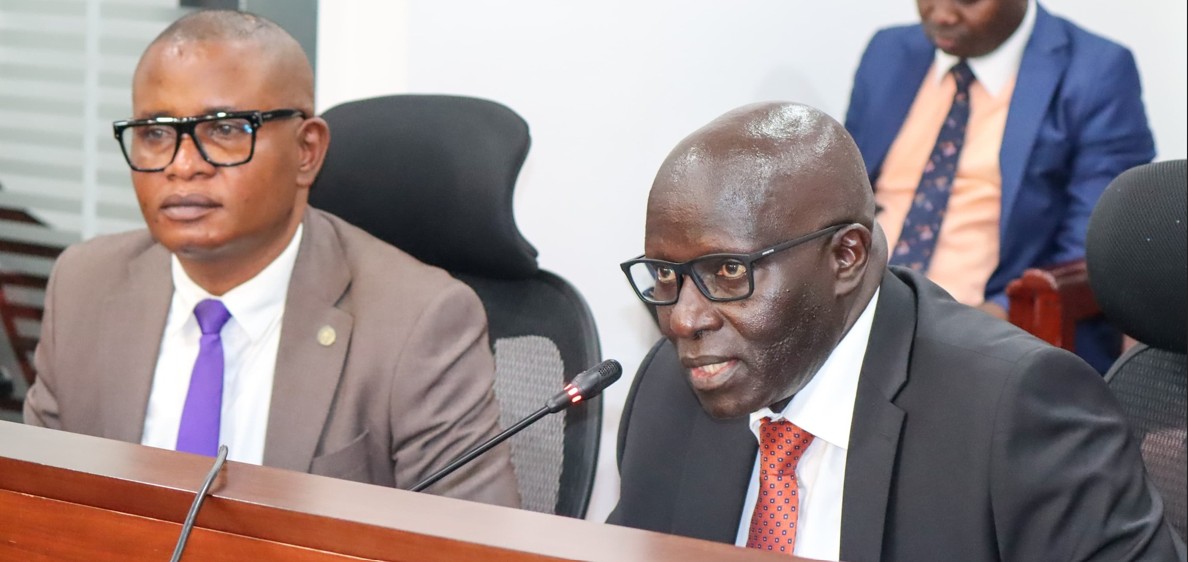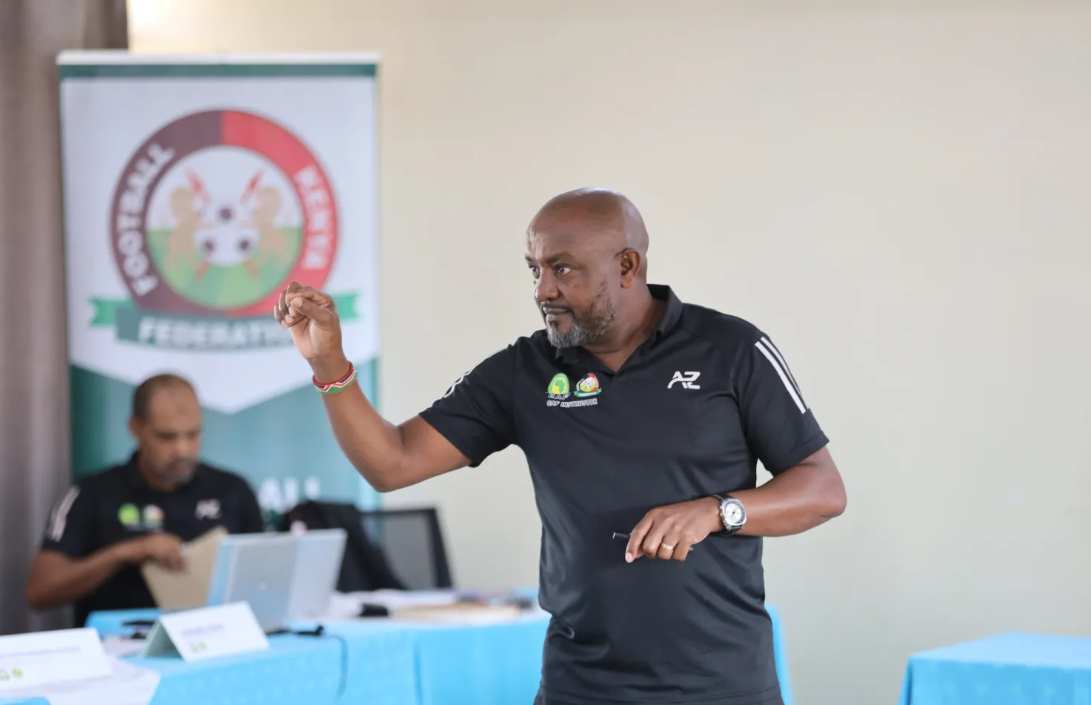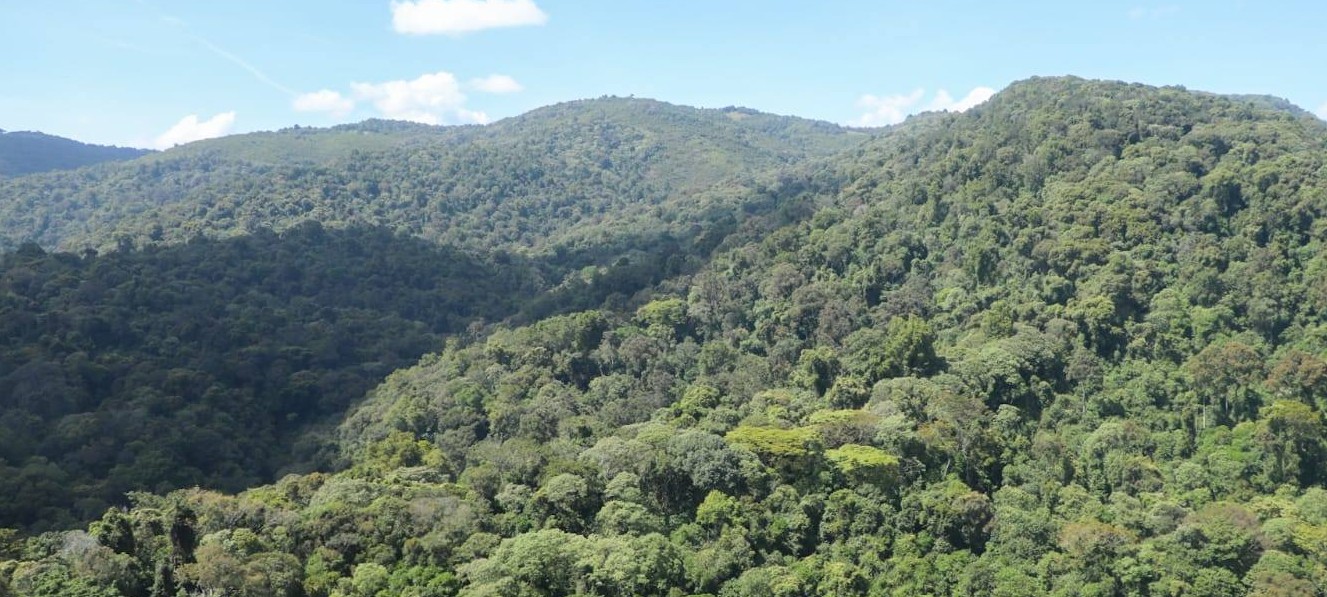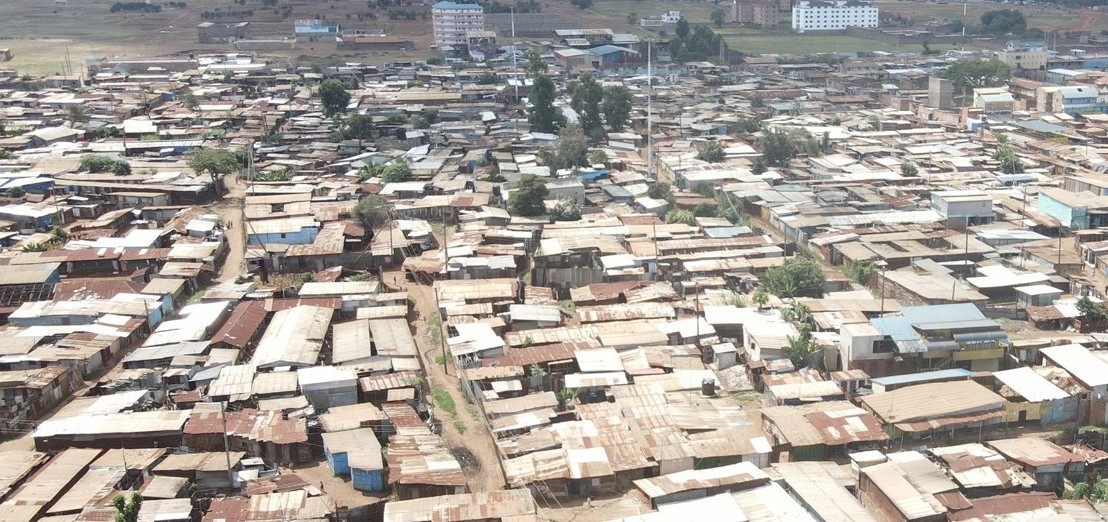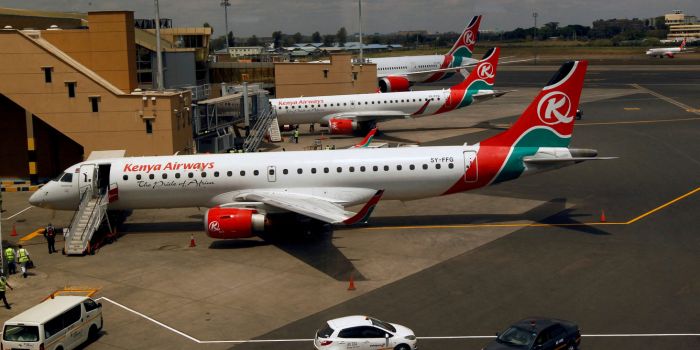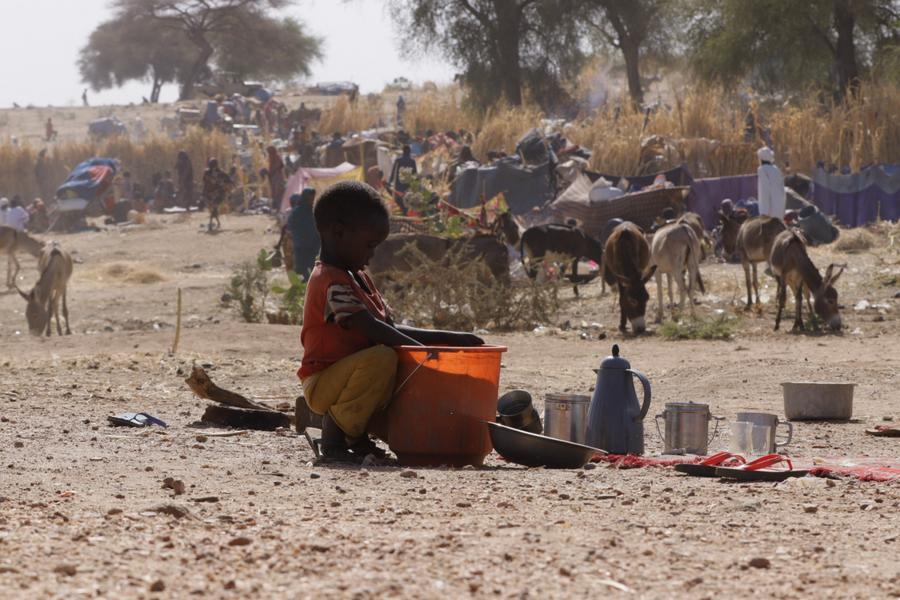Kamukunji property owners share tales of loss following demolitions along Nairobi River
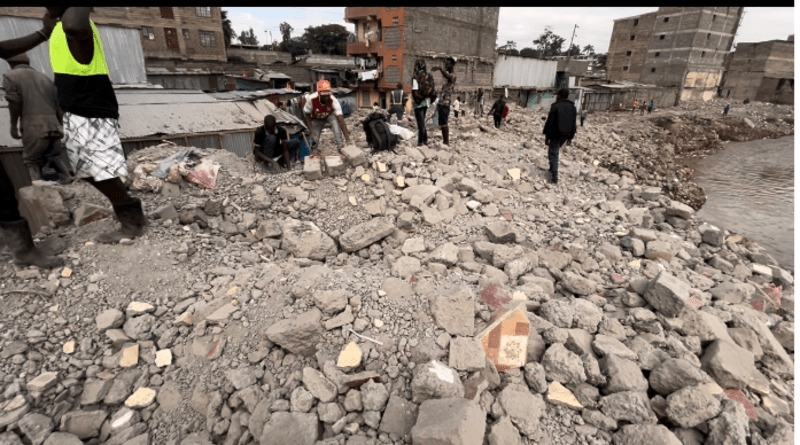
The demolition along the Nairobi River has not only left physical scars but also deep emotional and financial wounds on the affected residents.
Property owners in Kamukunji in despair after government demolitions wreck buildings
Residents of Kamukunji's Shauri Moyo area are reeling from the aftermath of government demolitions that have left their properties and buildings in ruins along the Nairobi River.
More To Read
- Governor Sakaja says Sh180 billion needed to clean Nairobi's main rivers
- Garissa town residents call for urgent drainage fix as floodwaters swamp businesses, homes
- MPs link deforestation to deadly landslides, call for stronger disaster preparedness plans
- Officials warn of child safety risks near Ngong River in Mukuru
- Update: 15 dead after massive landslide in Elgeyo Marakwet County following heavy rains
- Heavy rains, gusty winds expected across Kenya
The ongoing demolition, aimed at reclaiming riparian land, has plunged many families into despair, with many claiming their livelihoods are shattered and futures uncertain.
The education of their children hangs in the balance, as the rental income that once supported their schooling has vanished overnight.
Daniel Kimunyi, owner of a three-floor building, recounts how his property was reduced to rubble.
"They started demolishing houses at the Kamukunji sides before they diverted to this place. They first demolished half of the buildings before coming back again to finish up," he says.
Kimunyi reveals the financial burden he now faces, paying a hefty Sh70,000 monthly loan at Equity Bank. He took a loan from the bank which he is still paying for. He adds that his son also gave him a loan of Sh500,000 to build the property.
His building, a mere four months old, housed 28 tenants whose rent sustained his family.
"I have a daughter in the university studying a teaching course, and we depended on the rent to pay her fees, but I do not know what I will do now," he says.
David Ndungu, another resident, shares a similar tale of anguish. His six-floor building, home to 32 tenants, stood for three years before it was demolished in the latest wave.
"It took me six years to build it after working at the Juakali industry and saving up," Ndungu recounts.
The financial strain of this loss weighs heavily on him, having taken a loan from a local bank as well to complete the construction, a debt now looming large with no income to offset it.
His attempts to salvage belongings during the evacuation were met with chaos and danger as marauders ransacked the building, leaving him helpless.
"My entire life has come to a halt because I depended on this building to even feed my mother. I have children in university, secondary and primary schools," he says.
 Demolished properties in Shauri Moyo’s Blue Estate. (Photo: Hanifa Adan)
Demolished properties in Shauri Moyo’s Blue Estate. (Photo: Hanifa Adan)
Joyce Wambui echoes the sentiments of uncertainty and frustration shared by many affected residents. She criticises the lack of clarity in the eviction process, citing inconsistent communication from authorities.
"Their unclear decisions made the thieves get away with things in my building before we could save anything," she explains.
The abruptness of the demolition caught residents off guard, leaving them scrambling to salvage what they could amidst the chaos.
"This move came so abruptly, and just like that, my building was gone," Wambui laments, her worries compounded by the loss of rental income vital for her children's education.
The demolition along the Nairobi River has not only left physical scars but also deep emotional and financial wounds on the affected residents. Many say they had invested their life savings and borrowed heavily to construct their buildings, only to see their efforts reduced to rubble in a matter of days.
As the dust settles and the rubble is cleared, the residents of Kamukunji are left to pick up the pieces of their shattered lives. They demand answers, accountability, and support from the government to rebuild what has been lost and regain a semblance of normalcy. Until then, they cling to hope amidst the ruins.
Top Stories Today


